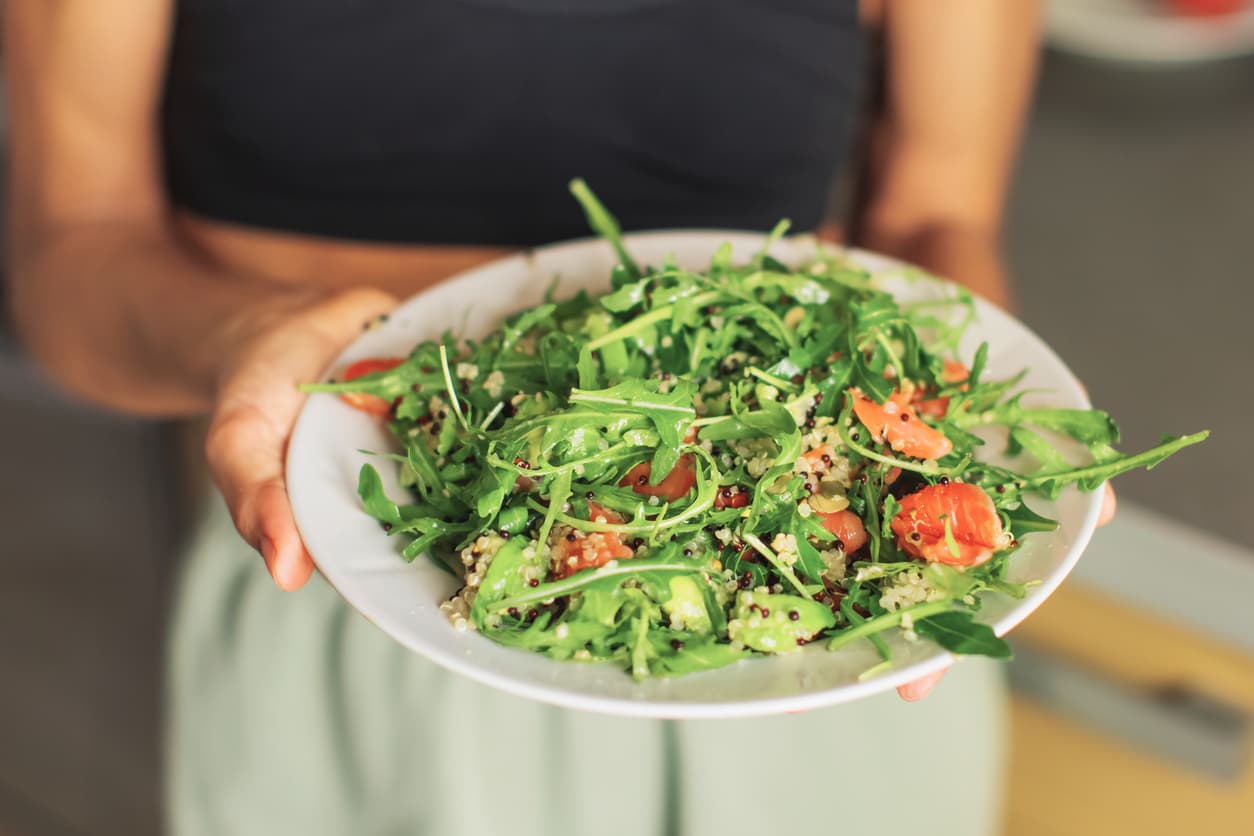Diet and Nutrition
Diet and Nutrition is crucial to a healthy pregnancy for both mother and baby. There are many considerations of diet before and during pregnancy.
Some considerations for diet and nutrition are:
- Pre-existing dietary and gut malabsorption issues – these may need to be addressed prior to pregnancy or in the early stages of pregnancy.
- Weight Management – having a BMI (Body Mass Index) that is too low (underweight for your height and body type) or a BMI that is too high (overweight for your height and body type) can have a negative impact on a pregnancy and birth.

